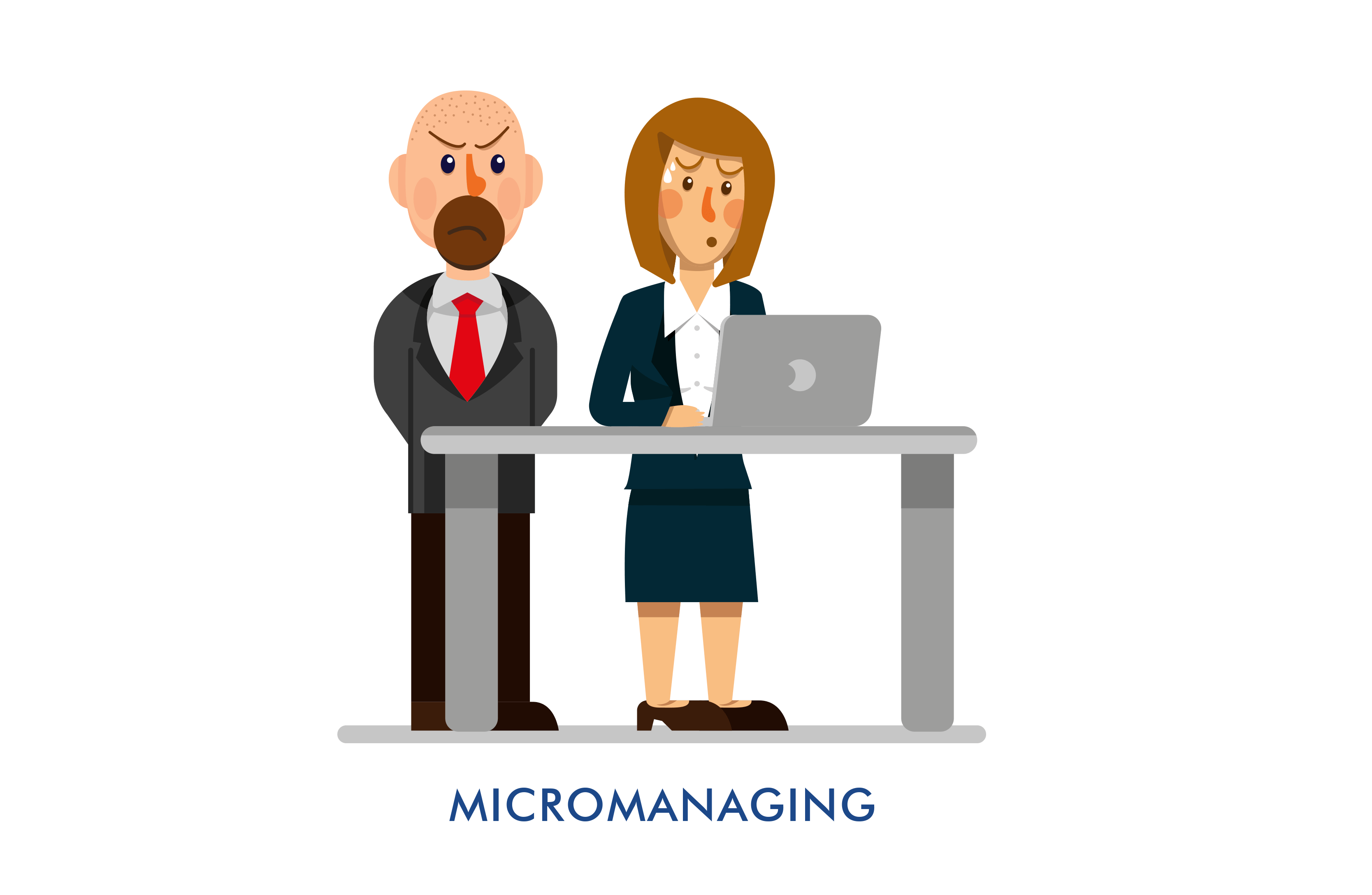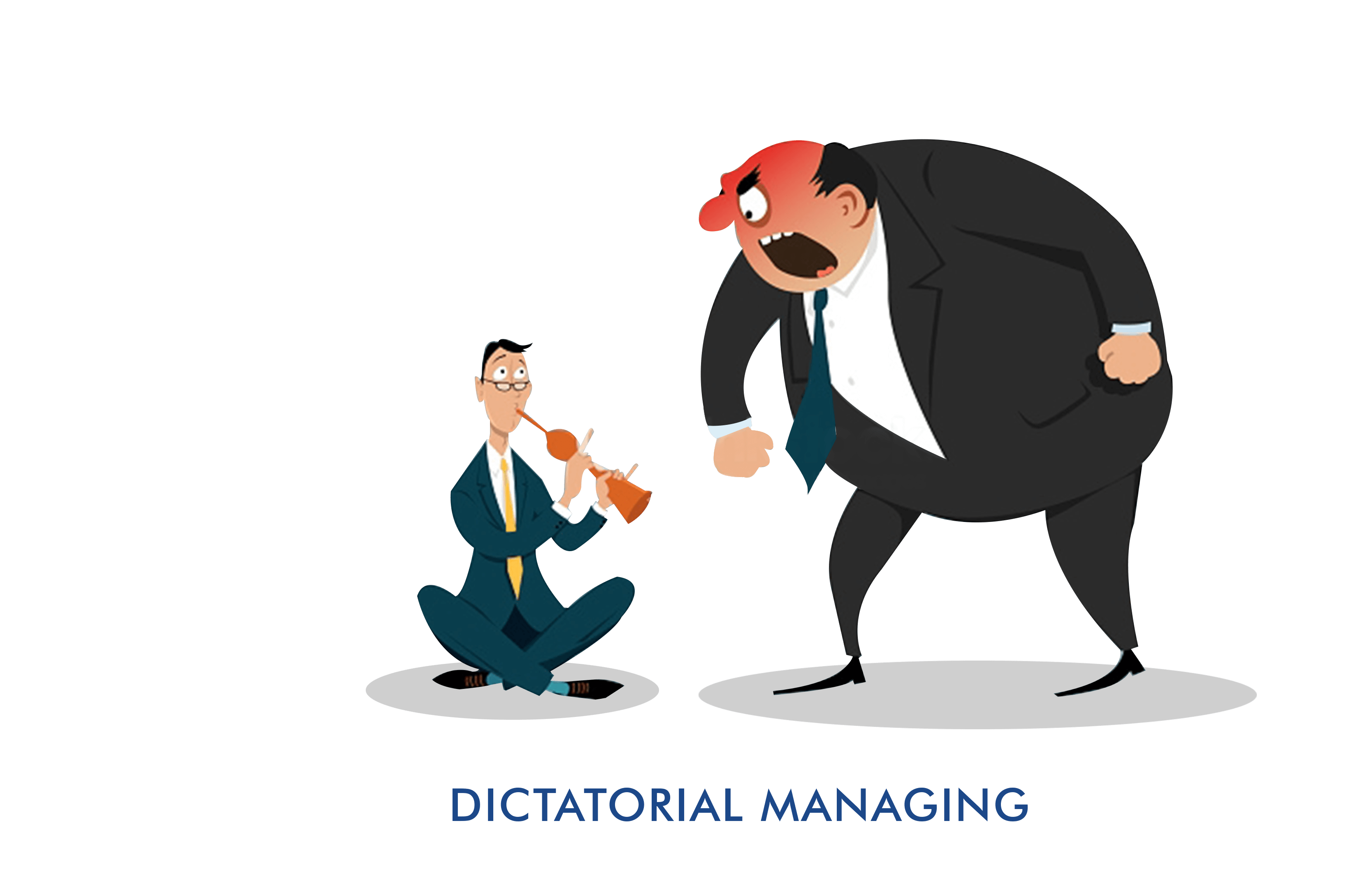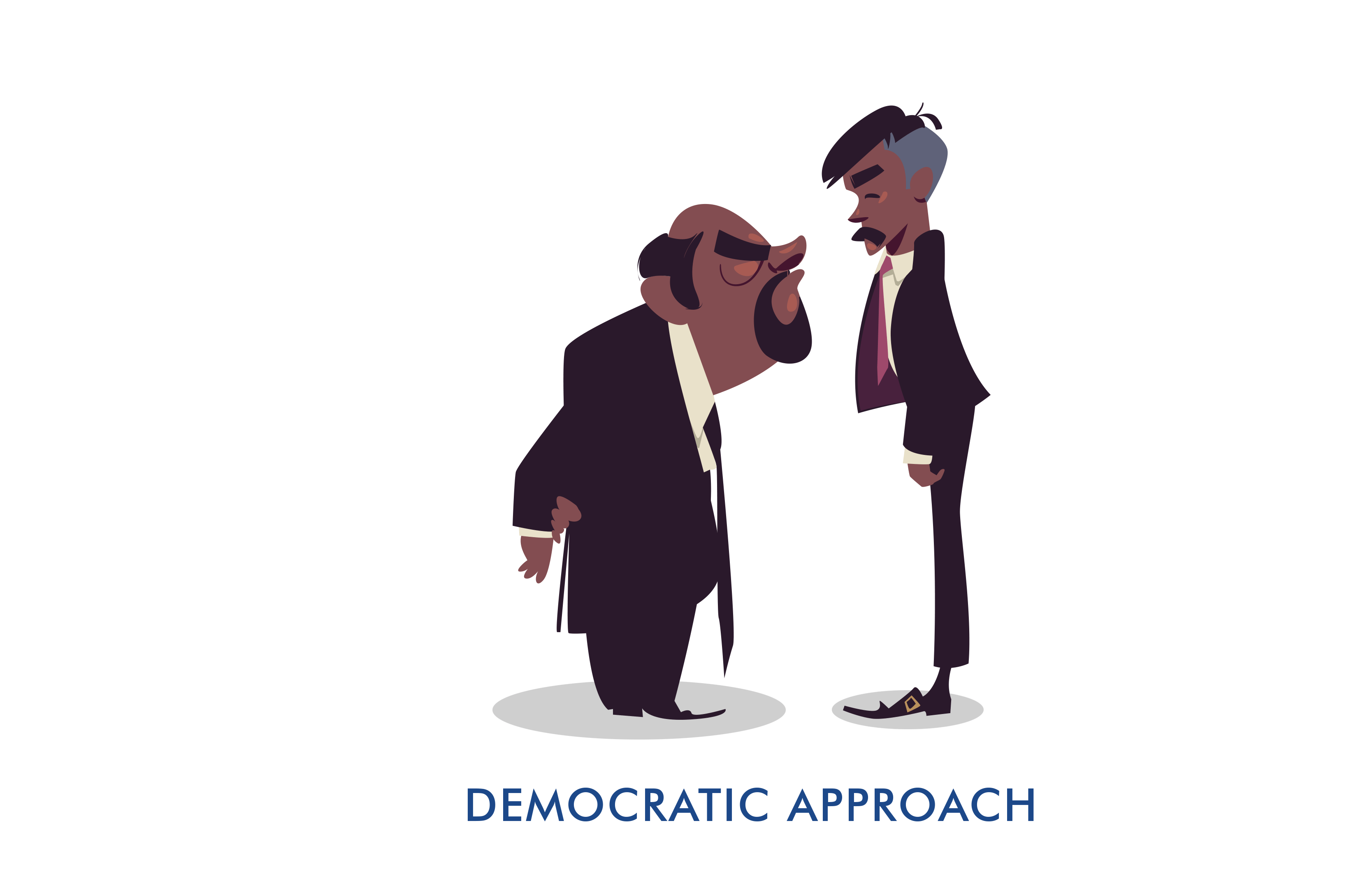Are you into a good Human Resource Management?
Being a boss or a manager isn’t easy, especially when it comes to human resource and their management. It advocates for a lot of patience, hard work, persistence, and determination to get things done in an organization. Despite all the challenges and obstacles that come in the way, it is the prime responsibility of the HR manager to accomplish the task promptly and successfully.
Let’s say the HR manager has been successfully managing his crew for quite a while and every employee is content from within. Every organizational duty and activity gets executed smoothly and timely and nobody in the organization sways their face from the responsibilities assigned to them. The HR manager is working hard and equally with the organizational staff, making the picture perfect.
But soon the scenario can change, as the organization is subjected to several human behaviors. In managing an organization, a large crowd of employees becomes chaotic and stressful for an HR Manager. The reasons can be many like the lack of any communication process, real-time guidance, feedback, or direction, eventually leading to poor management. There, in that case, the HR manager is subjected to facing several ups and downs, unanswered questions, and anxiety issues.
Being a responsible HR Manager, one cannot simply blindfold the issues or take them lightly. He has to come up with alternative solutions to cope with the matter. This blog discusses the major pitfalls or the common management traits that leave behind the image of a bad human resource management practice in a company.
Top 5 Signs of Bad Human Resource Management in a company.

Do you touch every project that comes through your department?
Micromanaging arise when the boss or HR manager closely observes the work of his/her subordinates. This often gives a negative shade to employees about their boss. It gives a negative connotation that the management doesn’t trust their employees, their freedom of thought and expression is suppressed and they are blindly controlled in every action. This massive breakdown of trust and freedom eventually leads to loss of productivity and loss of employees. Also, the micromanagement gradually leads to erosion of confidence among the staff. They no longer remain self-boosted and confident in performing their tasks, becoming fully dependent on their boss.

Do you even know where your employees are right now?
Lack of direction and too many goals often subject from reaching the desired goals of a business. It is the responsibility of the manager or the boss to tune their employees and make them understand the ultimate mission and goal of their business. It is the HR Manager, with whom the journey of the staff should begin. He should direct how an employee should execute their duties and how the employee can make themselves fit in the work environment to achieve the company goals. The right direction always helps in keeping the employees motivated and working to desired company standard. The right leadership and guidance can prompt for a responsive and dedicated workforce.

When it’s time to make a decision, do you seek input from employees or just hand down your final word?
A one-sided communication always leads to misunderstanding and further communication breakdowns. It often fails to develop a good relationship with the employee. A happy and resourceful workforce is the byproduct of good management. An employee feels content when his ideas and work patterns are paved ears or appreciated by the management or his boss. The authoritarian or dictatorship is always taken negatively by the employees creating a negative environment of work. The authoritarian rule often leads to a loss of commitment from employees, affecting their longer retention, cooperative spirit, and resentment.

Do you overly engage and embrace your employees resulting mismatch in work-life balance?
Participative management is often advocated for the smooth running of any human resource management sector. In the prior paragraph, we discussed the formalized power conferred on the employee, which not kills the employee spirit but also their retention in the company. On the other, with democratic leadership, the HR manager or the boss can build a friendly relationship with their employee bringing solutions to complex problems, making strong teams, and fostering creative working environments. But at the time of crisis, this kind of indecisive and democratic approach leads to more complexities than expected. During the crucial period, the democratic approach can be time-consuming resulting in procrastination. Therefore a good HR Manager should neither be authoritarian nor democratic.

You don’t treat every one of your friends and family the same way—at least, we hope you don’t.
Employees despite being professional, highly skilled, and experienced, often get susceptible to human emotions like anger, curiosity, fear, or intolerance. Within the business environment, these emotions can trigger at any time and make the situation worse when the boss shows favoritism to a few employees. This eventually leads to resentment among employee and give them a feeling that no hard work is rewarded. This gradually decreases the productivity of the employee and their retention in the industry. A professional approach is always appreciated by the management for the smooth transaction of company hr responsibilities and duties.
So, it is time to review your action. How did you behave so far in your organization, being a good HR manager showcasing efficient Human Resource Management or a bad HR Manager showcasing poor and inefficient Human Resource Managing?